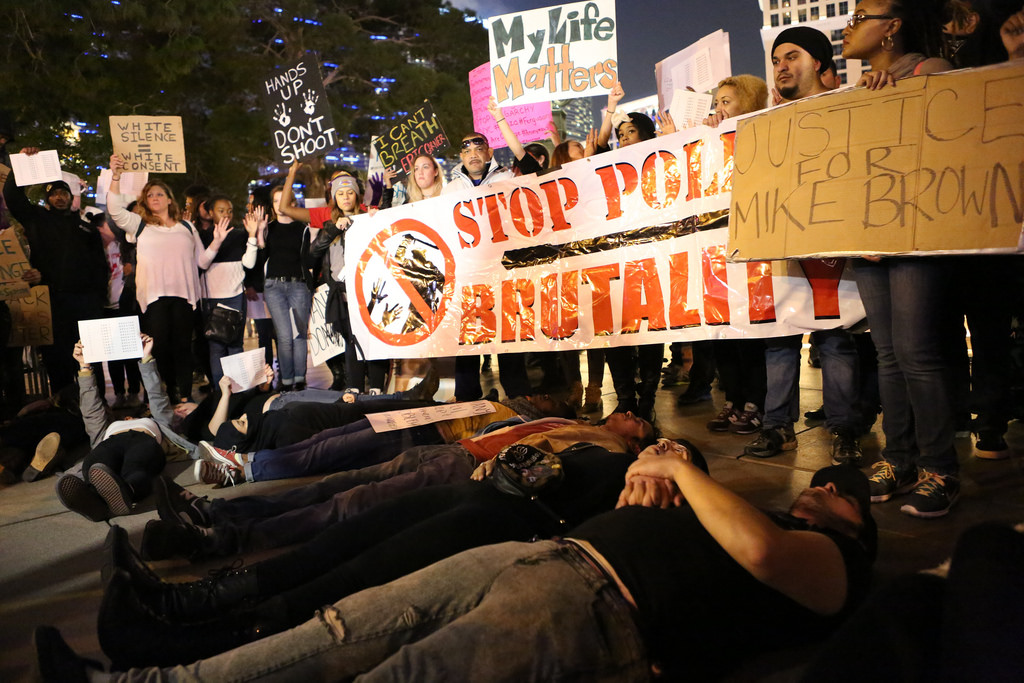A Look at Feminist Forms of Justice That Don’t Involve the Police
Kristian Williams, bitchmedia, 8/20/2015
This is an excerpt from the book Our Enemies in Blue: Police and Power in America, whose third edition came out from AK Press July 2015.
In the early seventies, while the Black Panthers were making kids breakfast and training with guns, the women’s movement began organizing its own kind of survival programs. Recognizing the limits of the criminal legal system in response to domestic violence, sexual assault, and rape—the indifference of police, the indignity of cross-examination, near-impossible burdens of proof, meager penalties for assault, a general atmosphere of victim-blaming, and the wholly reactive nature of the entire system—women started organizing to defend themselves and keep each other safe.
In Detroit, Women Against Rape (WAR) organized street patrols, escorting women to their destinations and intervening in violence when they saw it. They also organized street theater performances exposing misconceptions about sexual assault. In Santa Cruz, WAR published a monthly newsletter listing men who had recently been reported as rapists; similar lists appeared in Majority Report in New York and Sister in Los Angeles. Also in New York, the Campaign Against Street Harassment organized boycotts of businesses whose employees engaged in street harassment.
The first rape crisis centers and battered women’s shelters, back in 1972 and 1974, respectively, were volunteer-run grassroots political projects. They offered support, advice, counseling, safe places to stay, and, if survivors so chose, assistance engaging with police, hospitals, or other institutions. Some offered self-defense classes and ran campaigns to educate the public about the realities of rape and other violence against women. Within a few years there were hundreds of similar centers, all around the country.
As the feminist movement grew and gained legitimacy, it became increasingly institutionalized and professionalized and the grassroots political action model gave way to a non-profit social service model. Rape crisis centers and women’s shelters started receiving government funding and partnering with police departments, and in a textbook case of co-optation, the agenda shifted as well. The critique of capitalism and the state were soon gone, and the mainstream feminist movement began advocating more police, mandatory arrest laws in domestic violence cases, and stiffer penalties for crimes against women.
